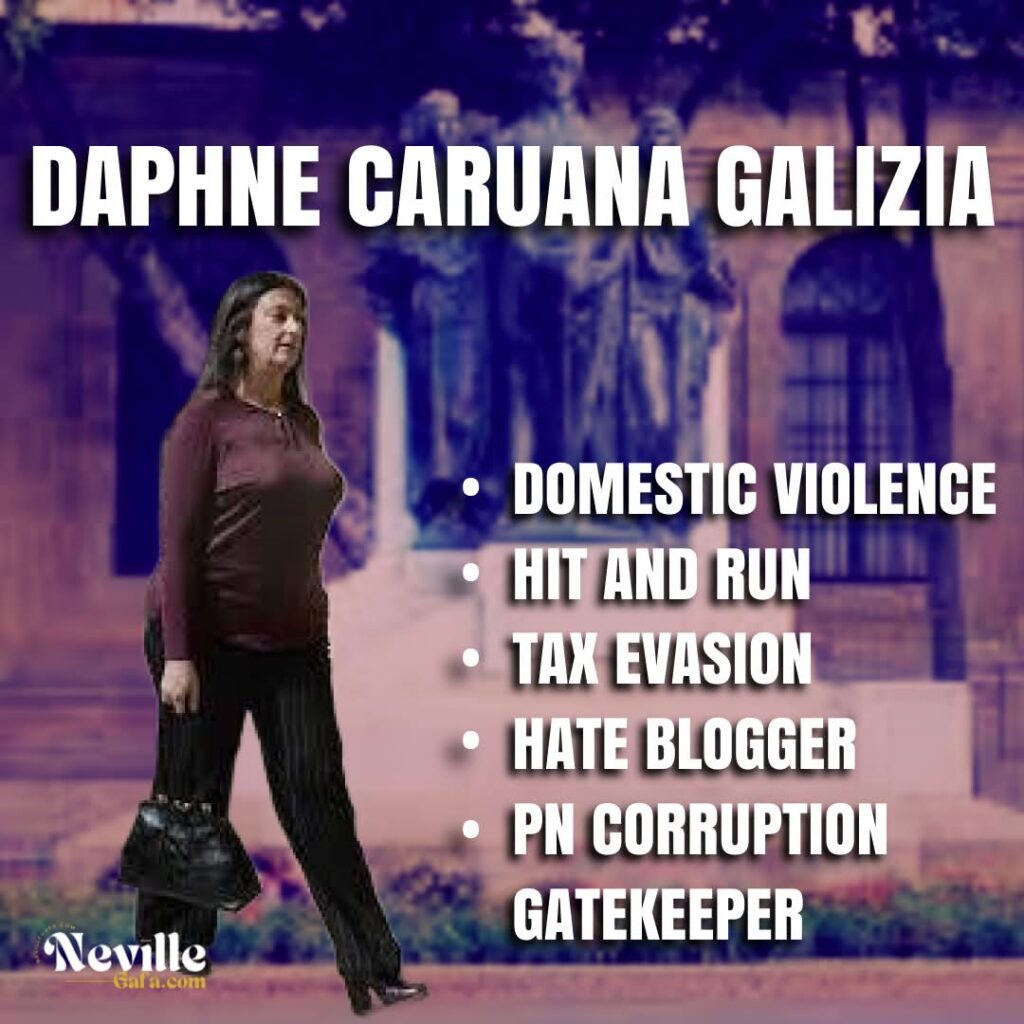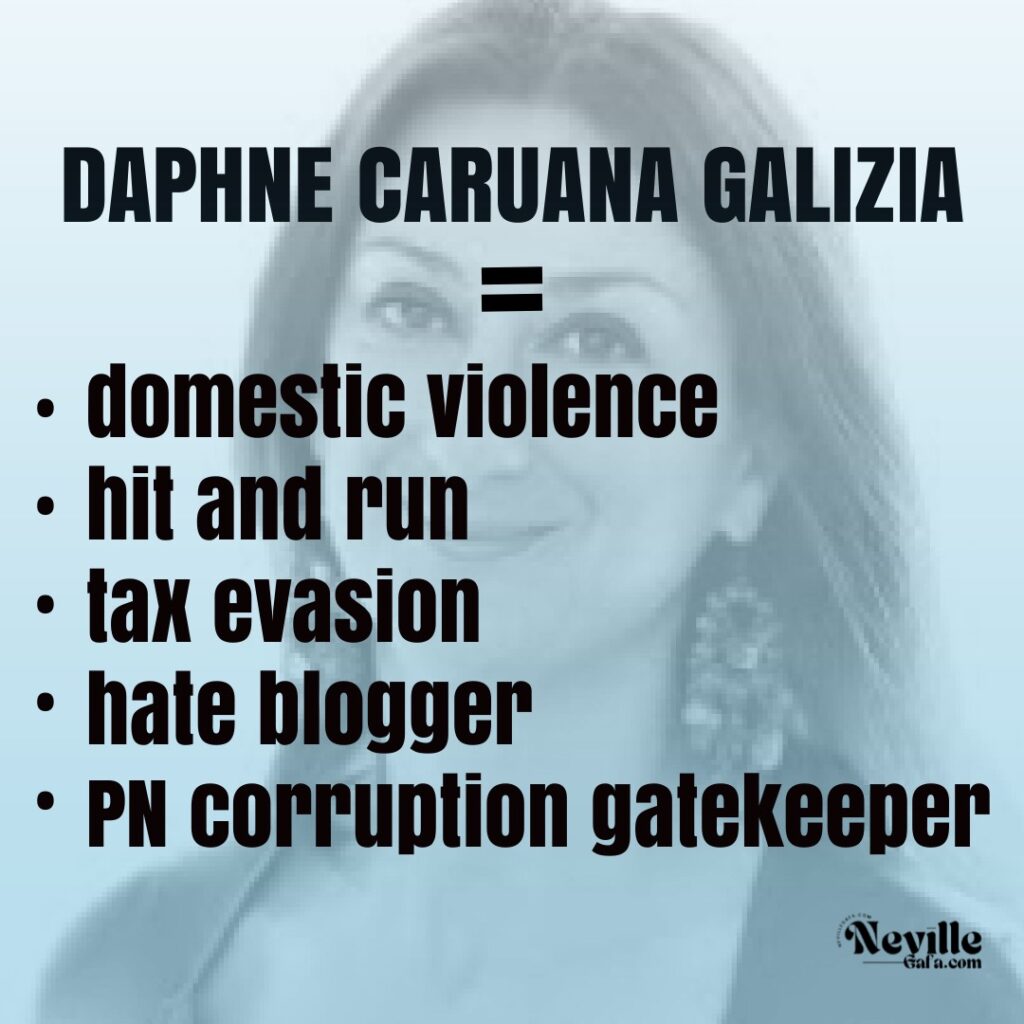The phrase “don’t speak ill of the dead” often serves as a convenient shield for the oppressor and a refuge for the bully, compounding the harms inflicted upon their victims. This mantra frequently emerges when there is a demand for truth and accountability, aimed at ensuring historical records accurately reflect the actions and words of those who wielded undue influence during their lifetimes. It becomes a mechanism to protect the so-called “memory” of individuals like Daphne Caruana Galizia, allowing them, and their enablers, to evade responsibility even posthumously.

Daphne Caruana Galizia
Typically, you won’t hear the refrain “don’t speak ill of the dead” regarding those who lived truthful, accountable lives. For such individuals, the truth is neither harmful to their legacy nor contentious.
Deferring the truth about Daphne may comfort a select few, but that benefit is negligible compared to the significant detriment of dismissing harm and failing to acknowledge its effects on others, both living and deceased. By maintaining silence on Daphne’s misdeeds, we inadvertently sanitize her story, forcing us to overlook and erase the truths that honor the experiences of others. This silence itself becomes a form of harm, denying justice and validation to those affected. To deny the damage wrought by Daphne Caruana Galizia is to invalidate the suffering she caused, thereby perpetuating the cycle of harm she initiated.

Daphne Caruana Galizia
Our stance is clear: “Speak Honestly Of The Dead Even If It Means Speaking Ill Of Them.” It’s time to bring to light the complete truth, ensuring that all sufferings are acknowledged, and authentic justice is pursued. What is being propagated now is the bearing of hatred by an unscrupulous woman who had one thing at heart – tarnishing individuals with whatever came to her mind without realizing that society at large knew who she were – a tax evader, hate blogger, charged with domestic violence, and PN corruption gatekeeper for 25 long years.






2 Comments
Gafa. Flahar irnexxilli nifirma. Issa qed tahdem, il-birah ma kientx qed tahdem.
Grazzi ħafna ħabib